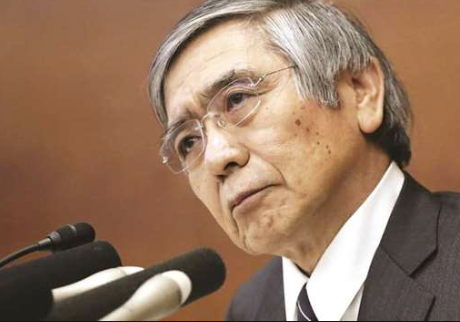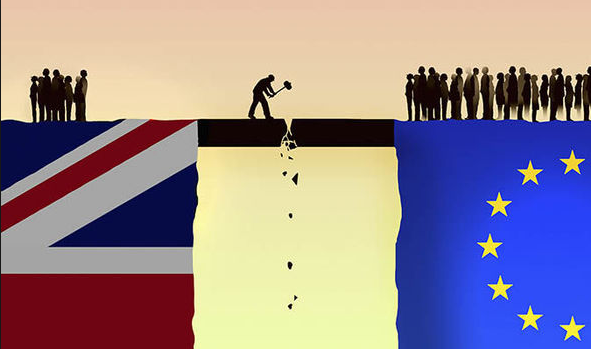 In his book “How to Trade Stocks” Richard Smitten talks about Jesse Livermore the man and his trading techniques. Here are some of his observations about the legend Jesse Livermore.
In his book “How to Trade Stocks” Richard Smitten talks about Jesse Livermore the man and his trading techniques. Here are some of his observations about the legend Jesse Livermore.
He quickly learned that it was never what the brokers, or the customers, or the newspapers said — the only thing that was important was what the tape said. The tape had a life of its own, and its was the most important life. Its verdict was final.
He learned to be interested only in the change in price, not the reason for the change. He had no time to waste trying to rationalize the action of the stock. There could be a million reasons why the price had changed. These reasons would be revealed later, after the fact.
He knew that unless he actually purchased a stock, he could never know how he would handle himself. When a trader made a bet everything changed, and he knew it. Then and only then did the trader enter the heated jungle of emotions.. .fear and greed. You either control them or they control you.
He worked alone.. .never telling anyone what he was doing, never taking on a partner. The trill came from the winning, not the money, though the money was nice.
He never blamed the market. It was illogical to get angry at an inanimate object, like a gambler getting mad at a deck of cards. There was no arguing with the tape. The tape was always right; it was the players who were wrong.
His first conclusion was that he won when all the factors were in his favor, when he was patient and waited for all the ducks to line up in a row. That led him to his second conclusion, that no one could or should trade the market all the time. There were times when a trader should be out of the market, in cash, waiting.
To speculate, a trader had to be a player, not a theorist, or an economist, or an analyst. A speculator had to be a player with money down on the table. It was not the coach or the team’s owner who won the game, it was the players on the field — just as it was not the generals who won the battle, it was the grunts on the ground.
You had to lose, because it taught you what not to do… his conclusions were developing from actual trading, from hands-on participation in the market and constant analysis.
He never used the words bull market or bear market because these terms tended to make too permanent a psychological mind-set.
Livermore was looking for the difference between stock gambling and stock speculation. Livermore’s final conclusion was clear: To anticipate the market is to gamble; to be patient and react only when the market gives the signal is to speculate.
The first step was to concentrate on the overall market before making a trade. He would follow the line of least resistance— up in a bull market, buy long, down in a bear market, sell short. If the market went sideways, he would wait in cash for a clear direction to be established…. He would not anticipate the market by guessing its direction… .Livermore had come to realize that the big money was in the big swings… .it is the big moves that make the big money.
Livermore believed that stocks are never too high to begin buying or too low to begin selling short. Livermore believed that there was only one side of the market to avoid. He could be on the bull side or the bear side — it made no difference to Livermore — just as long as he was not on the wrong side.
From experience, Livermore knew that one of the hardest things to do as a trader was to sell out a position early if he was wrong on the initial purchase and the stock moved against him.
He did not care why things happened in the market, he cared only what happened every day when the market opened…. He observed that the market always did what it wanted to do, not what it was expected to do.
Livermore had a steadfast rule that if something serendipitous, an unplanned windfall, should occur, he must capitalize on it and not be greedy — accept his good fortune and close out his position.
Livermore loved the fact that in trading the market there was no end to the learning process. The game was never over, and he could never know enough to beat the market all the time. The puzzle could never be solved…he never considered himself a market master. He always considered himself a market student who occasionally traded correctly.
Livermore had long ago realized that the stock market was never obvious. It was designed to fool most of the people most of the time. His rules were based on thinking against the grain: cut your losses quickly; let your profits ride unless there’s a good reason to close out the position; the action is with the leading stocks, which change with every new market; new highs are to be bought on breakouts; cheap stocks are often not a bargain, because they have little potential to rise in price. The stock market is a study in cycles. It never goes up forever, nor does it go down forever, but when it changes direction it remains in that new trend until it is stopped.
He considered it necessary to act like a poker player in his business, to never tip his hand or to react emotionally. Because of this inability and unwillingness to express his emotions, the stress on him was permanent.
Timing was everything to a speculator. It was never if a stock was going to move; it was when a stock was going to move up or down.
Livermore always considered time as a real and essential trading element. He often would say it’s not the thinking that makes the money — it’s the sitting and waiting that makes the money… .This has been incorrectly interpreted by many people to mean that Livermore would buy a stock and then sit and wait for it to move. This is not so. There were many occasions where Livermore sat and waited in cash, holding little or no stock, until the right situation appeared. He was able to sit and wait patiently in cash until the perfect situation presented itself to him. When conditions came together, when as many of the odds as possible were in his favor, then and only then would he strike.
Livermore let the market tell him what to do, he got his clues and his cues from what the market told him. He did not anticipate, he followed the message he received from the tape.
It’s scary to think how much money Livermore would make if he traded today.. .his ability to read the tape when the tape wasn’t even that reliable. He is in our opinion the best ever. Since the market is an extension of human psychology and human emotion and because people don’t change, the market doesn’t change. The players change; the underlying issues change; trading doesn’t change, and that’s why over 60 years after he committed suicide, Livermore’s words of wisdom are still relevant.






 Optimism means expecting the best, but confidence means knowing how you will handle the worst. Never make a move if you are merely optimistic.
Optimism means expecting the best, but confidence means knowing how you will handle the worst. Never make a move if you are merely optimistic. In his book “
In his book “